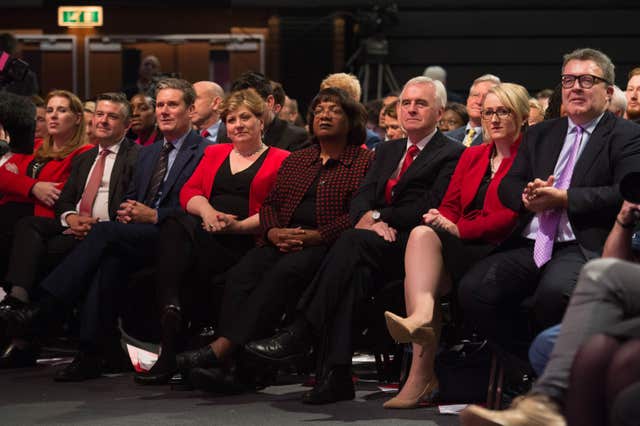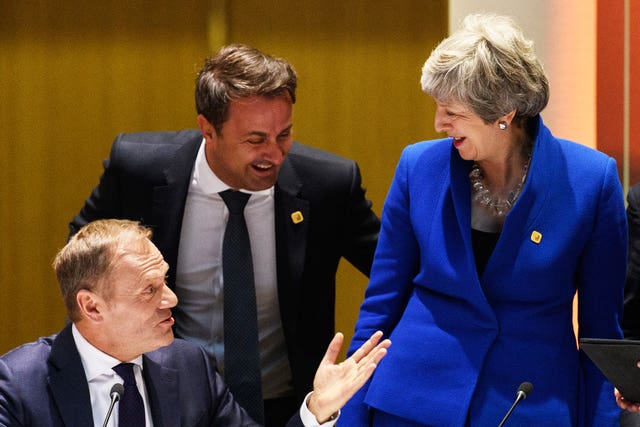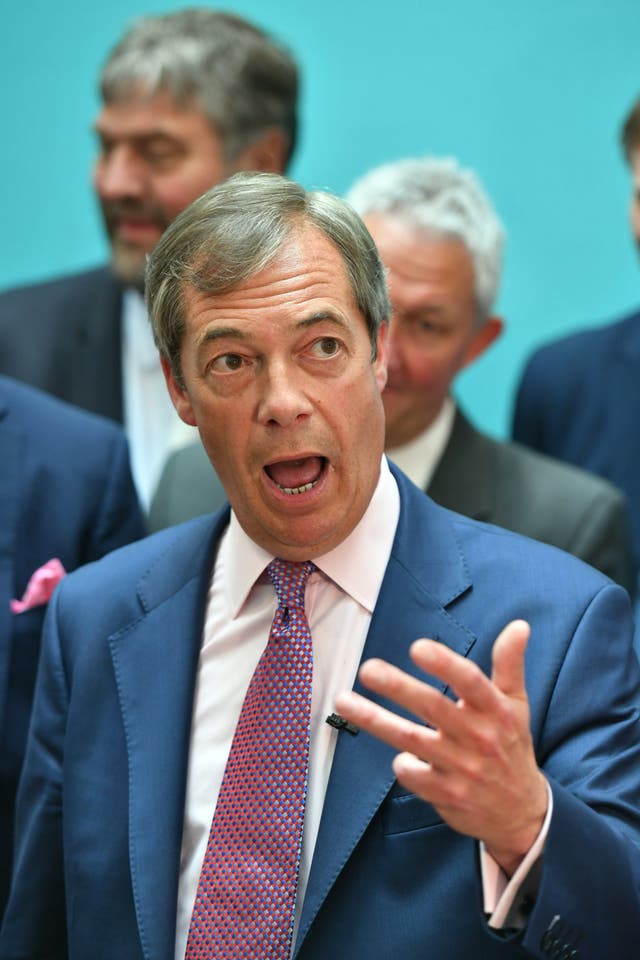Corbyn challenged on Brexit following Euro election losses
The Labour leader’s compromise position appears to have been punished by voters.

Labour leader Jeremy Corbyn is facing a major challenge over his Brexit policy in the wake of heavy European election losses.
Labour deputy Tom Watson, shadow chancellor John McDonnell and shadow Brexit secretary Sir Keir Starmer have all called for a shift in stance to back a second referendum over Mr Corbyn’s preference for a general election.
The move comes as outgoing prime minister Theresa May makes her final trip to a European summit in Brussels, and the UK’s 73 newly-elected MEPs will also travel to Brussels to begin negotiations to form political groups.
Mr Watson, the MP for West Bromwich East, was among members of Mr Corbyn’s shadow cabinet calling for him to change tack and move away from his compromise position on Brexit, which seemed to have been punished by voters leaving the official opposition in third place.
“We’ve lost many hundreds of thousands, if not millions of potential votes in that election because we got it wrong,” he told the BBC.
“And the time is now to show some humility, to listen and to move very, very quickly.”
Mr McDonnell also moved to corner his boss, alongside shadow home secretary Diane Abbott, saying Labour should back Remain in another poll.

He said: “We’re saying quite clearly if there can be a deal, great, but it needs to go back to the people.
“If it’s a no deal we’ve got to block it and the one way of doing that is going back to the people and arguing the case against it because it could be catastrophic for our economy.”
Sir Keir also added a call for another referendum, leading Mr Corbyn to say he was “listening very carefully” to the views of members and trade unions.
The Labour leader inched closer than ever before to a so-called people’s vote, saying any Brexit deal “has to be put to a public vote” rather than simply being an option on the table.

Mrs May will also be admitting defeat for her attempts at compromise as she meets European Council president Donald Tusk before an informal dinner with EU member states’ leaders.
Leaders will discuss the outcome of the vote – which saw the traditional blocs broken up by a surge in support for Greens, nationalists and liberals – and they will begin the nomination process for the heads of the EU institutions.
UK MEPs will be looking for potential partners to form a group in the European Parliament, and need to find a minimum of 25 members from at least one-quarter of the member states.

Brexit Party leader Nigel Farage said he has started preparations for a general election campaign aiming to win seats in Westminster in the event Brexit is not delivered by the latest extension deadline of Halloween.
Mr Farage claimed it was “extremely unlikely” that a future Tory leader would take the UK out of the EU by the end of October.
He told a press conference in central London: “The Conservative Party are bitterly divided and I consider it to be extremely unlikely that they will pick a leader who is able to take us out on the 31st October come what may.
“We might overnight have made their lives a bit easier but I don’t see them being able to deliver and I think the real barrier, the real obstruction to all of this is a two-party system that may well have worked in decades gone by but is no longer fit for purpose.”
And the battle to become the new Tory leader continued apace, with Home Secretary Sajid Javid formally launching a leadership bid as a unity candidate,
The bitter battle to set the course for the party on Brexit continued, with Foreign Secretary Jeremy Hunt penning a piece for the Telegraph warning no deal Brexit would be “political suicide”.
He was immediately attacked by Tory leadership hopeful Esther McVey , who tweeted: “Political suicide actually lies in not having a clean break from the EU and not leaving on October 31.”





